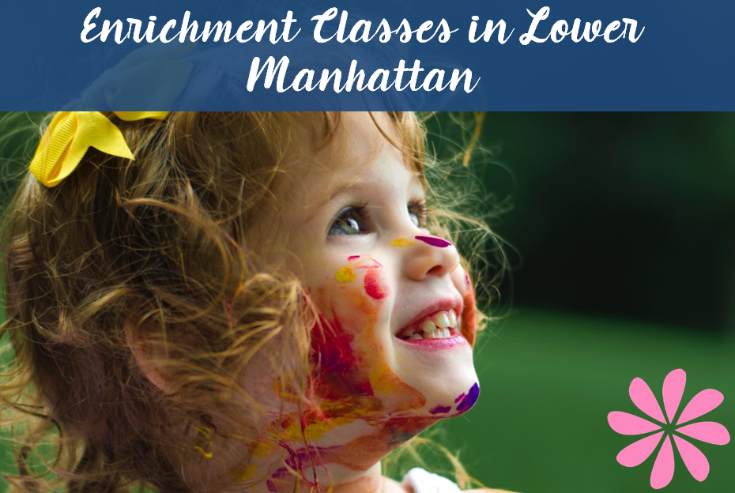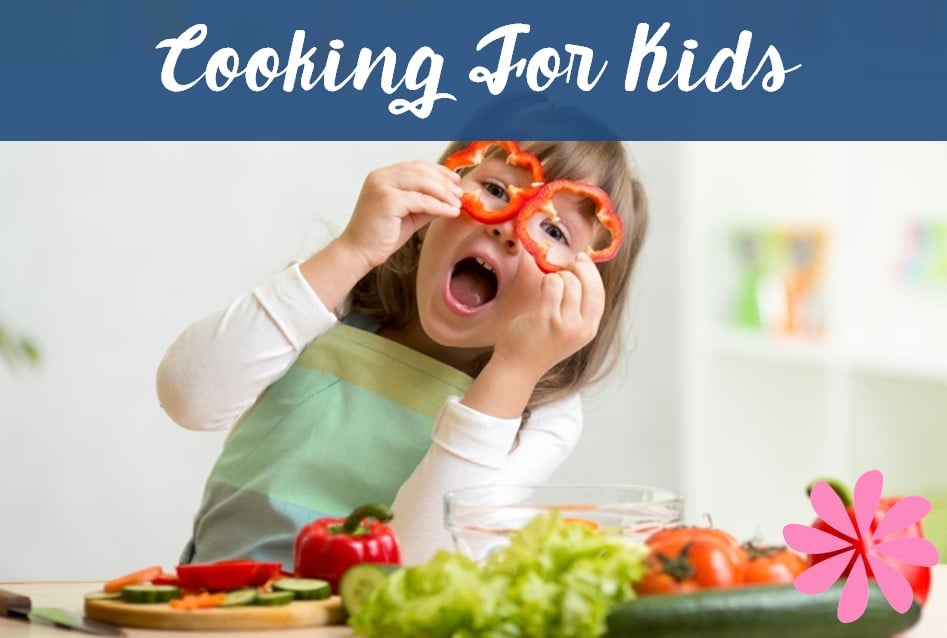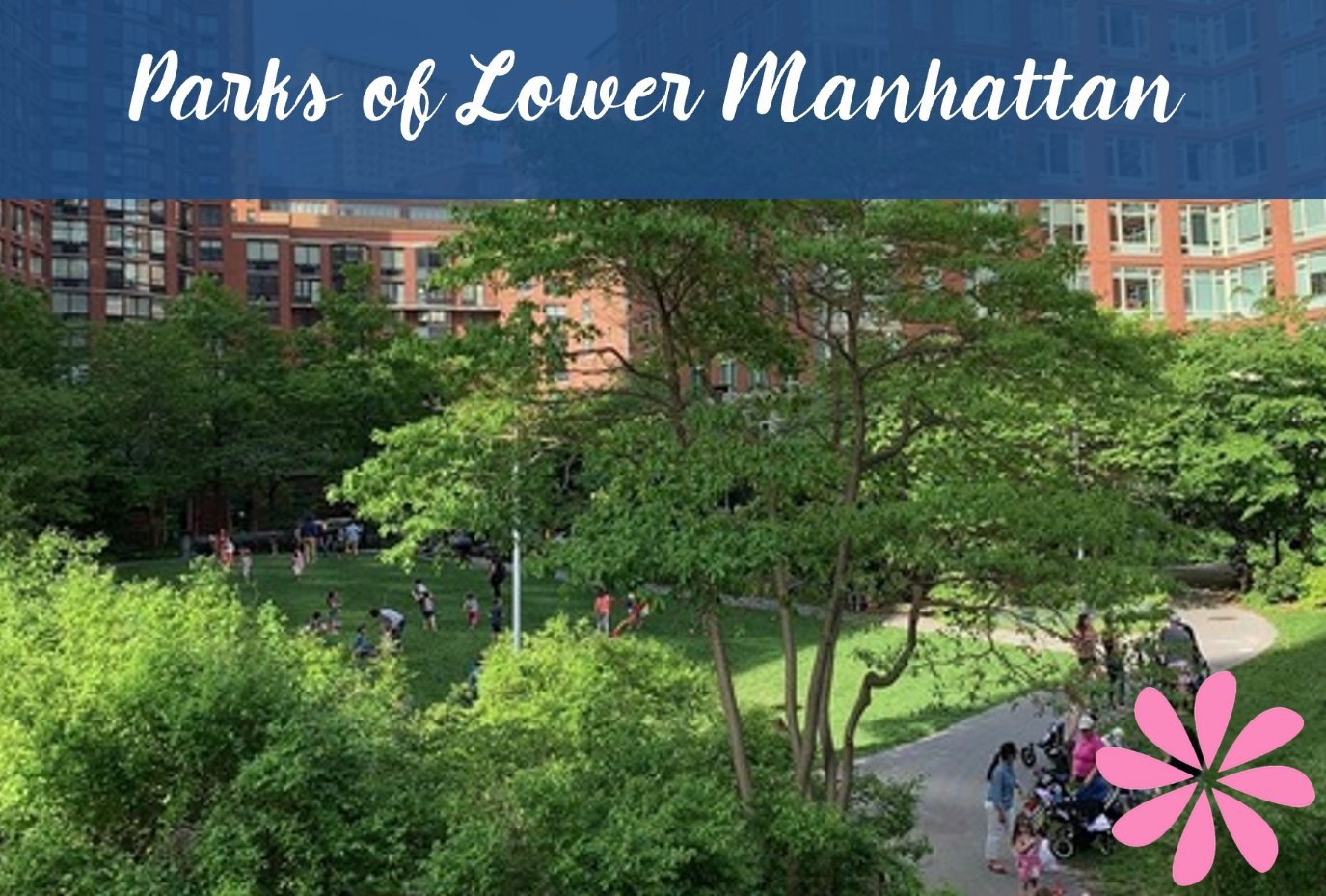I had the pleasure of interviewing Ayman, a beautiful person and a mindfulness practitioner and neuroscience researcher at NYU Langone Medical School. This November, Ayman will be teaching Mindfulness for families at the Rubin Museum on select Sundays. Do take a few moments to read what Ayman has to say and have a look at her workshops at the link below.
What is mindfulness?
Mindfulness is a trait that helps us tune in to our five senses. This keeps the mind busy in a present moment awareness, which in itself is enjoyable. Plus, the mind then has very little capacity to wander away to thoughts of the past or future - which is often the cause of sadness, anxiety, and worries. Basically, mindfulness helps the mind to stay positive and focused in the present moment.
Just like physical fitness, we need to practice mindfulness as a workout of the mind. Just spending 10 minutes a day in mindfulness meditation, you and those around you will start seeing results in a few weeks. After a while, this mindfulness trait starts seeping into every moment of your life.
What are its benefits?
Staying mindful forces us to experience the beauty of the "smaller" things in life. Senses of gratitude, compassion, and empathy replace those of judgment, disappointment, and emotional reactivity. The result? Happiness and contentment.
Mindfulness helps with stress, anxiety, depression, autism spectrum disorder, ADHD, eating disorders, and several psychological disorders. But in reality, its biological effects are much more widespread.
In my new paper, we show that the immune system becomes stronger as we become more mindful - an effect that actually becomes imprinted into our genes. So, we could literally pass these amazing effects of mindfulness to our future generations!
How does mindfulness help families and kids?
When one family member starts practicing mindfulness something miraculous happens. The rest of the family starts becoming mindful. It is a contagious trait.
Once a family becomes mindful, it surfs the waves of life with ease. Each member of the family meets life with a sense of gentle acceptance. Parents learn how to stay in present moment awareness while they are with their kids. Not only do the parents become in-tune with their kids, they actually enjoy the parenting experience. In return, the children feel appreciated - creating a strong foundation of the parent-child relationship.
This parent-child trust gives kids a sense of safety, even when faced with life's challenges. So they learn how to navigate tough feelings. Instead of breaking down into an emotional response, they pause and respond to a situation. You know why? Because that's how they see their mindful parents deal with challenges.
Is there a certain age when kids can be introduced to being mindful? What would you advise families who would like to incorporate being mindful in their daily activities?
There are three ways of introducing mindfulness to your kids.
First, you become mindful of yourself. The best way to teach is to practice - in this case, mindfulness meditation. I recommend starting as early as the prenatal period - or sooner. But you could start any time - it's never too late.
Second, start a mindful playtime routine - as little as 5 minutes a day works. This is when your child has your undivided attention, and you have the chance to bring out your inner child. You could start this as early as two years of age or a few months sooner.
Third, teach the child to meditate, chant, and do yoga. Remember not to push your child to do any of these. Only do these if they seem interested. Even if your child does not practice these, they could become mindful of the other pointers I recommended. Kids' yoga classes are offered starting within the first year of their lives. Chanting is an easy way to keep a child's attention and we could start it at around 2 years of age. I teach children's meditation at the age of 2 years using age-based techniques to keep the kid mindfully engaged.
What are the main challenges you foresee for families who would like to be mindful?
Parents are juggling many tasks during their hectic days. So the biggest challenge is to leave all of that distraction and stress behind, while trying to be mindful with their kids, partners. I recommend applying mindfulness to all aspects in life - this generally reduces the stress level and it becomes easier to focus on being a mindful parent. In other words, you start your journey towards becoming a mindful person, when you start becoming a mindful parent.
Mindfulness is a journey, not the destination. Mindful parenting adds another level of difficulty - by including our kids in that journey. The challenge will be to manage our own expectations. We cannot expect to see results right away. In fact, the main focus should be becoming mindful our selves and doing our best with mindful parenting strategies. It takes routine practice but results will show up - sometimes sooner than expected. Impatience is actually counterproductive - as mindfulness teaches us otherwise.
Could you tell us a little about yourself? When did you start practicing mindfulness?
I am a mom of twin boys that are now five. Being from India, meditation was a part of my life as long as I could remember. But it stayed in the background of my life until crisis hit. I realized the effects of mindfulness after faced with a life-threatening situation. Mindfulness practice made me resilient, happy and healthy.
I thought to myself that the simple practice that saved my life perhaps could save others'. I wanted to teach mindfulness. I left my successful Wall Street job to do exactly that. I worked with children diagnosed with autism spectrum disorder at NYU Medical School. Teaching mindful parenting is something that is very close to my heart. As a family of four, we practice mindfulness.
Being a life-long skeptic myself, I realize that many of us need scientific proof before believing in something. So I spend part of my time investigating the biological effects of mindfulness. I am also a researcher with multiple scientific publications on this topic.
Any parting advice for parents?
One, use parenting as a way to become mindful once again. Remember, we were all born mindful. Then, somewhere along the lines we lost touch with that mindfulness. But guess what, it's still in there. Maybe your kids are your little guru's. Let their inherent mindfulness be your cue.
Two, don't be hard on yourself. You're doing your best as a parent. Be kind to yourself. Every experience - good or bad - is a learning opportunity. Slip-ups happen. As long as you realize and learn from it, you're doing great!
Ayman Mukerji Househam is a mindfulness teacher and neuroscience researcher at NYU Langone Medical School. Her work focuses on the benefits of mindfulness for families. Househam’s publications show the benefits of regular mindfulness practice on the brain and general well-being. She is finishing a publication on the neuroimmunological and gut microbial changes associated with a stress-free life. Househam has worked with pediatric patients with autism spectrum disorder and ADHD, a topic she elaborates on in another upcoming book. Her approach toward building mindful families blends mindfulness techniques of the East with parent-child-interaction therapy of the West.
Related articles:
 |  |  |
Macaroni KID Lower Manhattan is the family fun go-to source for the latest and most comprehensive information in our area. Subscribe for FREE today.




